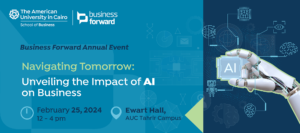
Industry InsightVIEW ALL

In recent years, Egypt’s hospitality sector has been trying to re-emerge as a vital driver of economic […]
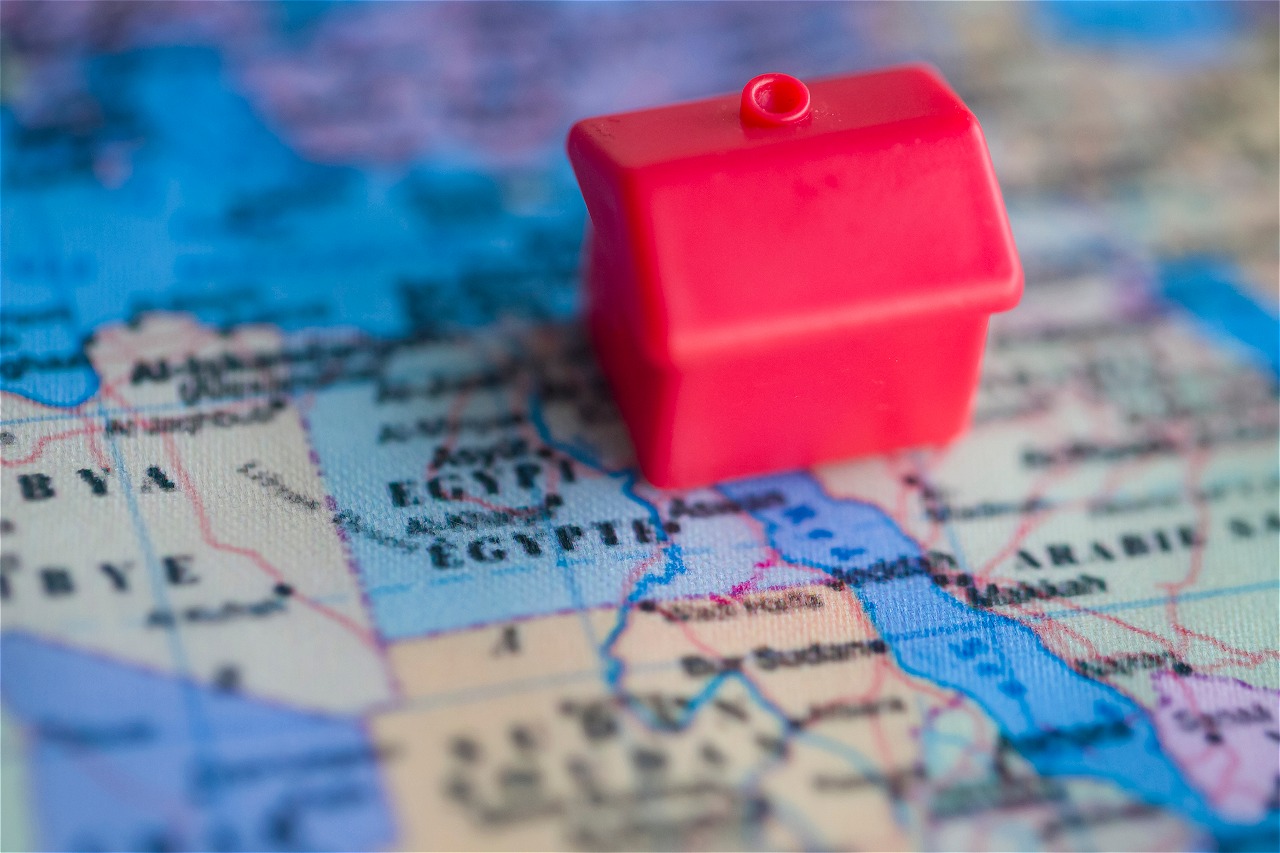
Listen to the article The world has seen quite an eventful year in 2023, particularly from […]
Saud Al Quaifil, CEO of Enma Al Rwabi, believes there are several ways FDIs, especially from the […]
Business Forward Digest
videosVIEW ALL
Passion ProjectsVIEW ALL

New cities and expansions of existing ones, slum elimination, upgrading and establishment of new road connections, and […]

A day in the life of a busy working woman, a stressed stay-at-home mom, a young lady […]

On a long-awaited beach vacation, a regular person would be looking forward to spending exotic time snorkeling, […]
InfographsVIEW ALL
PerspectivesVIEW ALL
In recent years, Egypt’s hospitality sector has been trying to re-emerge as a vital driver of economic […]
Listen to the article Here is a philosophical question: do we prioritize astronomical short-term benefits that […]
The Egyptian economy has witnessed a huge deterioration over the past couple of years with several rounds […]





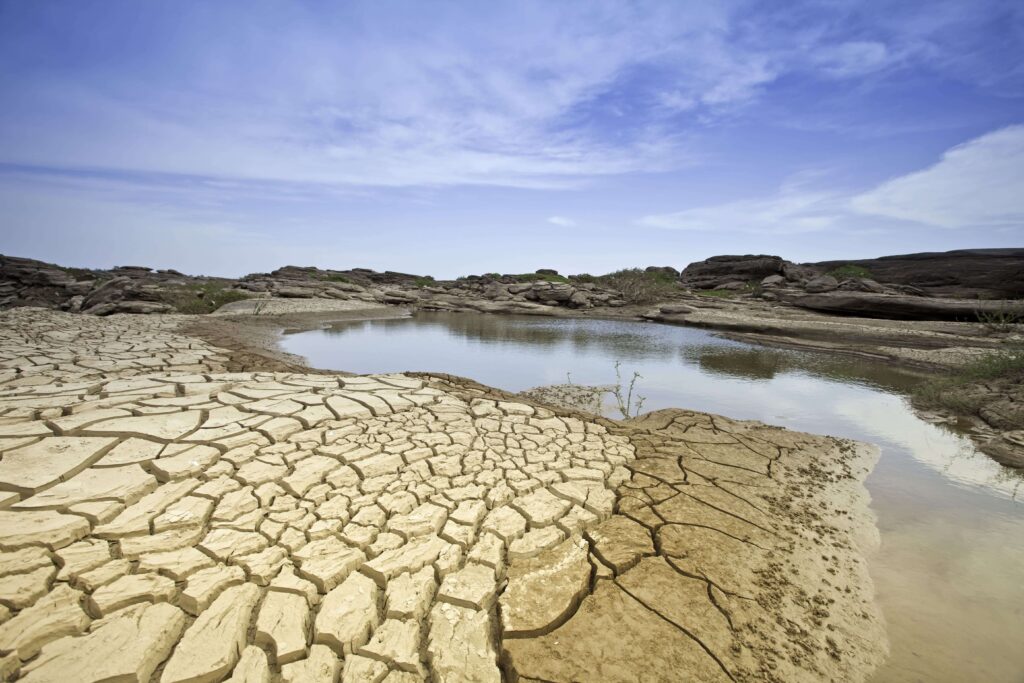
![[Podcast] COP28: AUC, youth and the future of climate change](https://businessforwardauc.com/wp-content/uploads/2023/12/mobile_file_2023-12-31_12-23-06-1024x1024.jpg)

![[Podcast] COP28 reflections: education for climate action](https://businessforwardauc.com/wp-content/uploads/2023/12/1_without_logos-1024x1024.png)







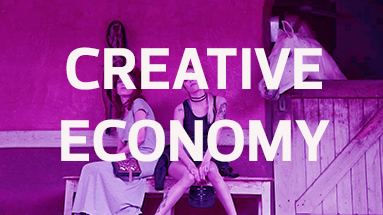
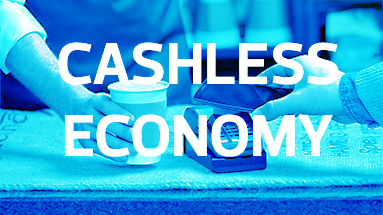
![[Video] Business schools coming together for climate action](https://businessforwardauc.com/wp-content/uploads/2023/01/1dc963a7-4571-96e8-2f87-a91cba074fe2-300x169.png)


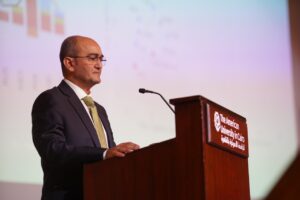
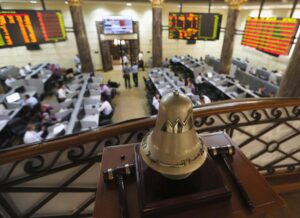

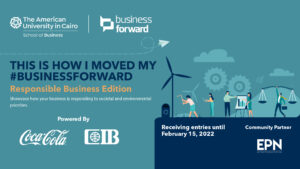
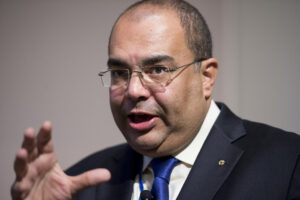

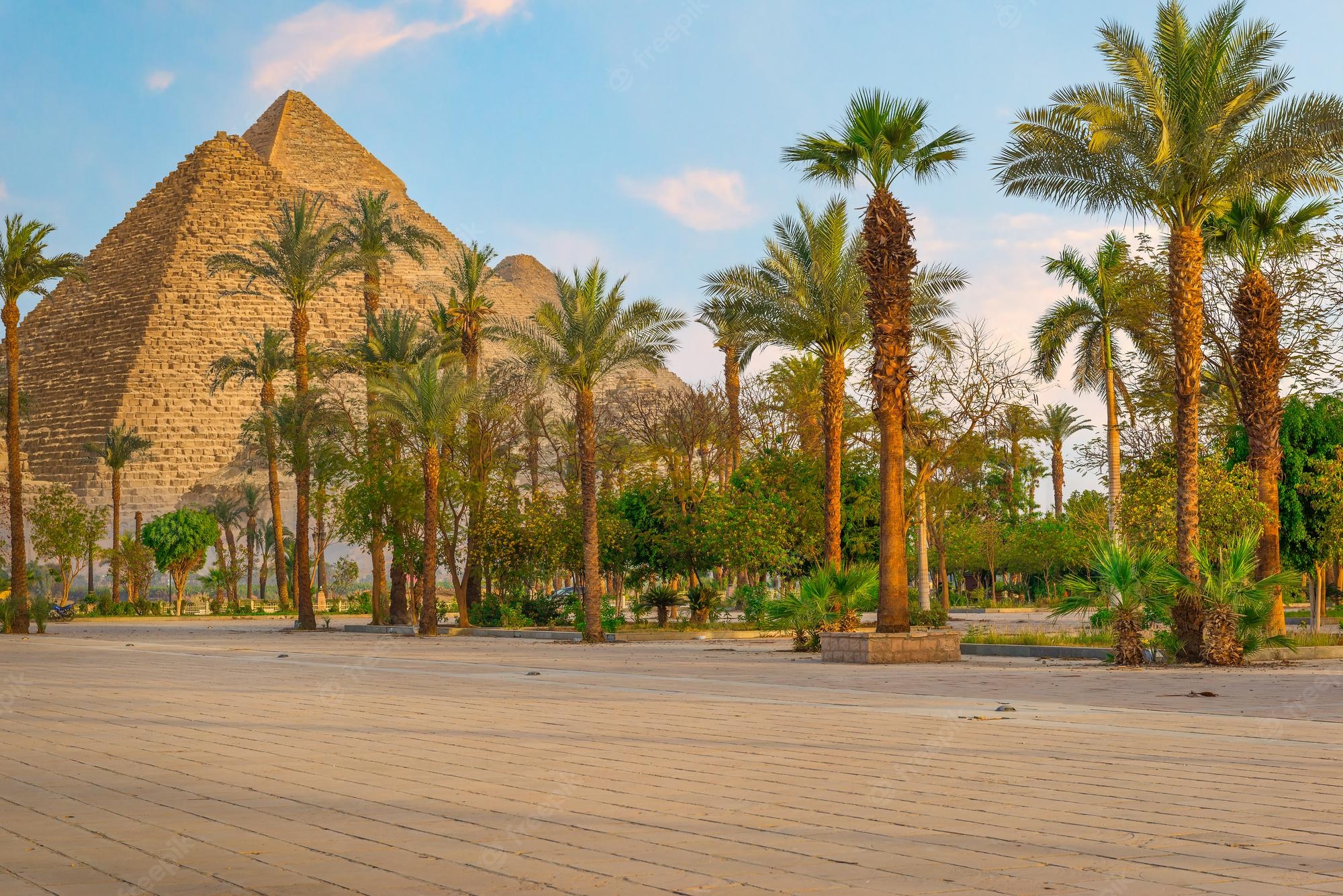
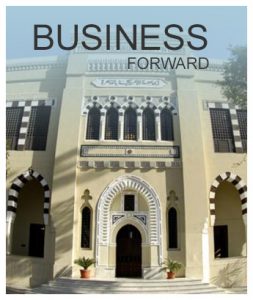
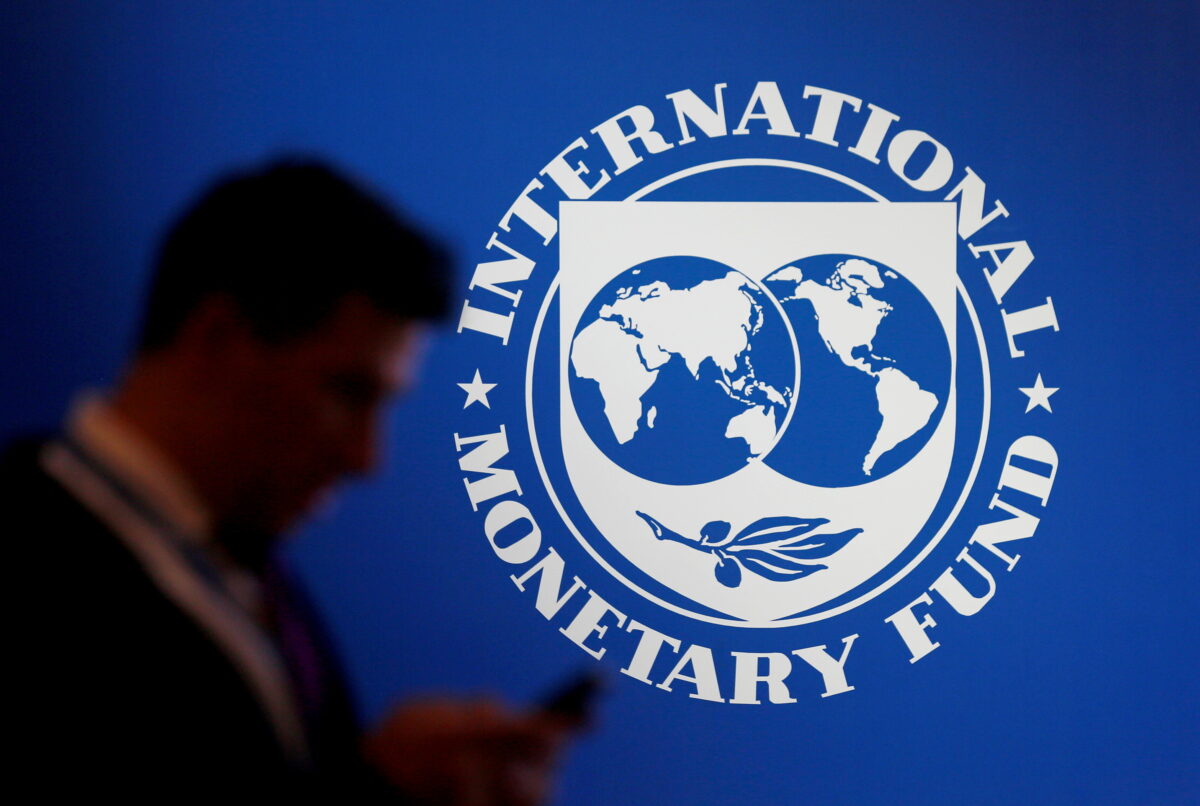


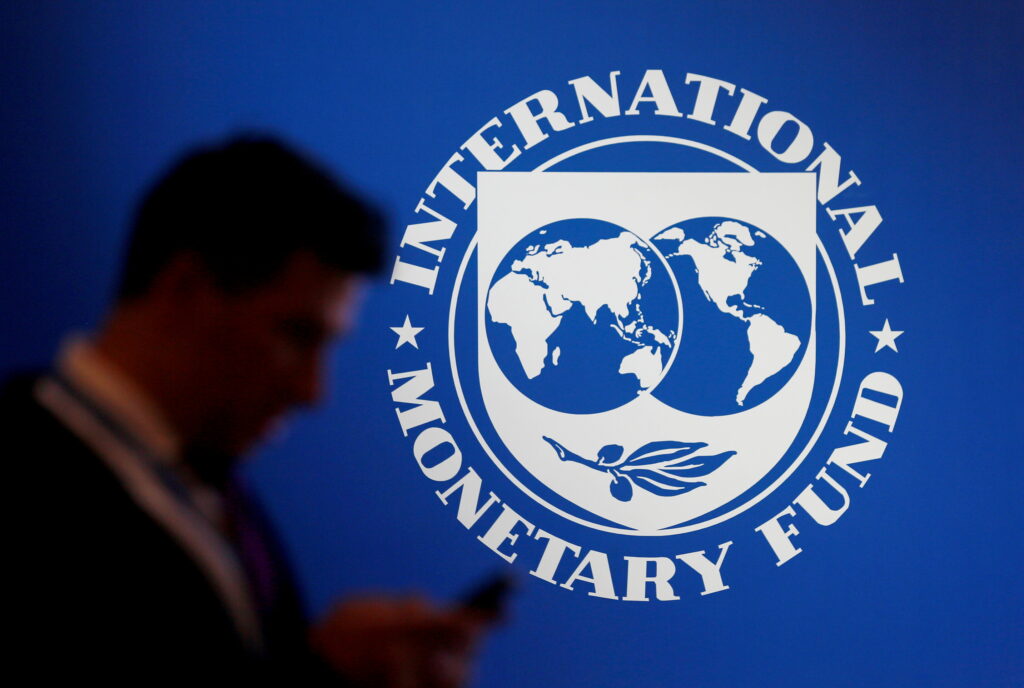
![[Infographic] Latest Women on Boards report reflects a positive movement](https://businessforwardauc.com/wp-content/uploads/2022/01/pexels-photo-6949392-1024x683.jpeg)
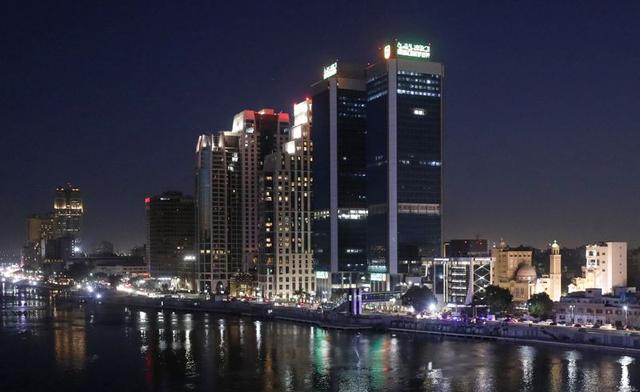
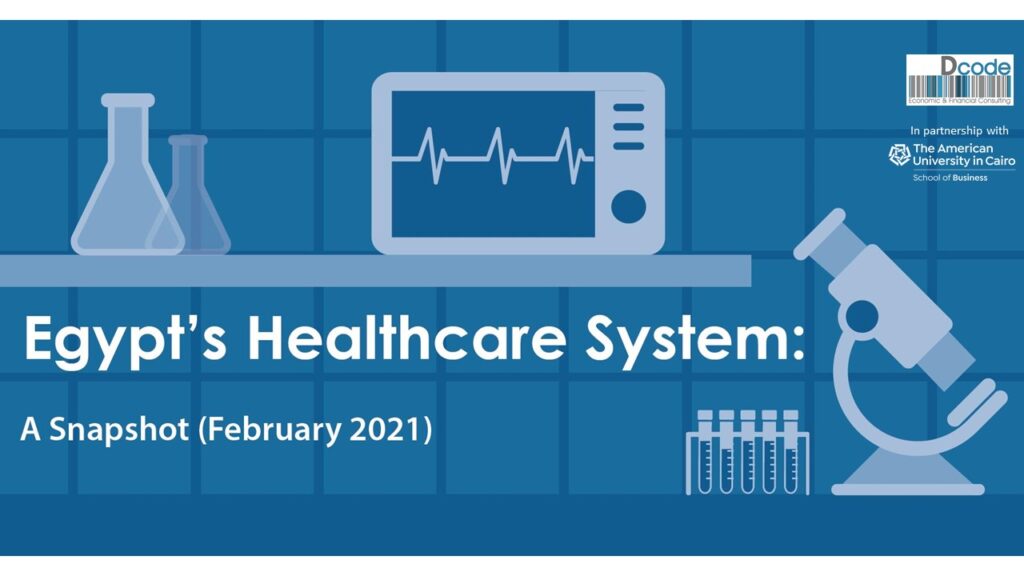

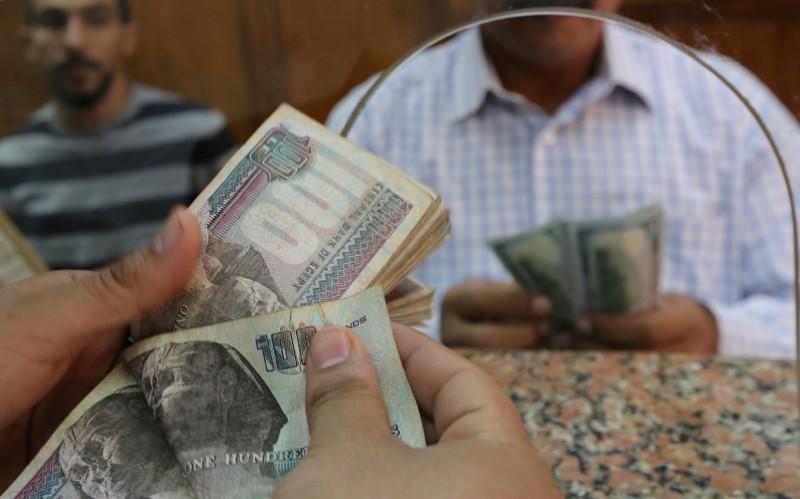
![Sector spotlight series [Pt 1]: The garments and home textile industries](https://businessforwardauc.com/wp-content/uploads/2020/06/Ready-made-garments-and-textiles-002-1024x576.jpg)










